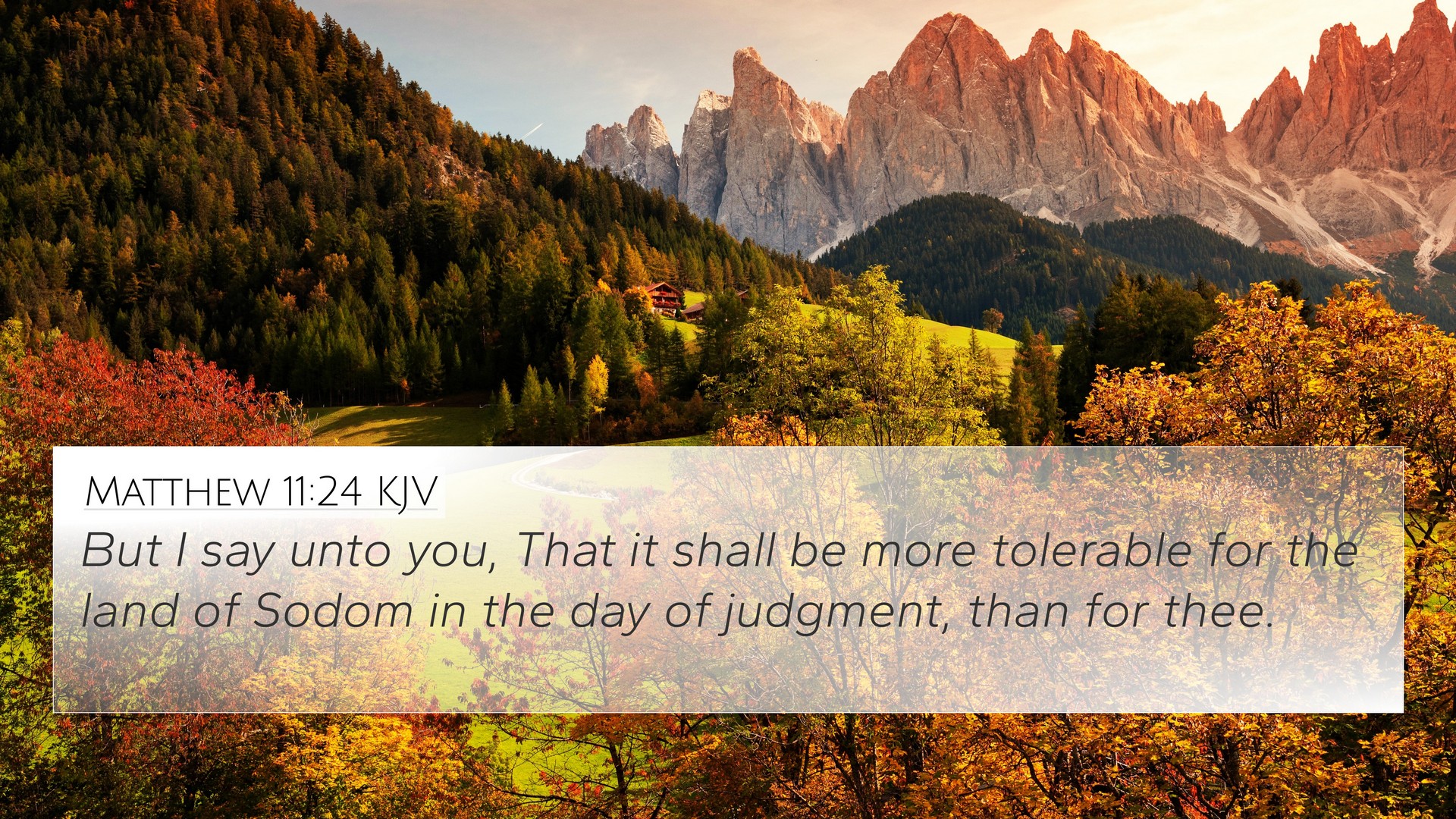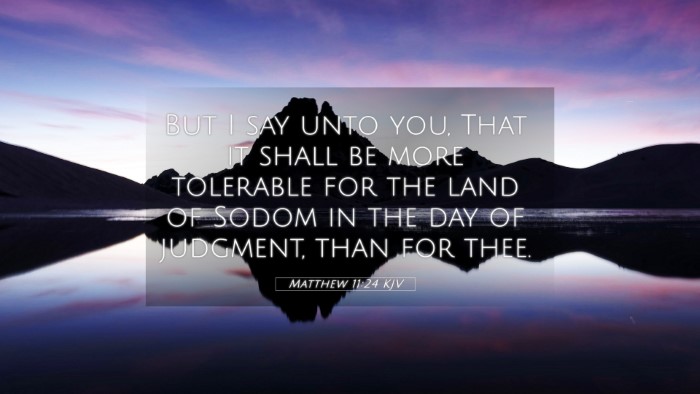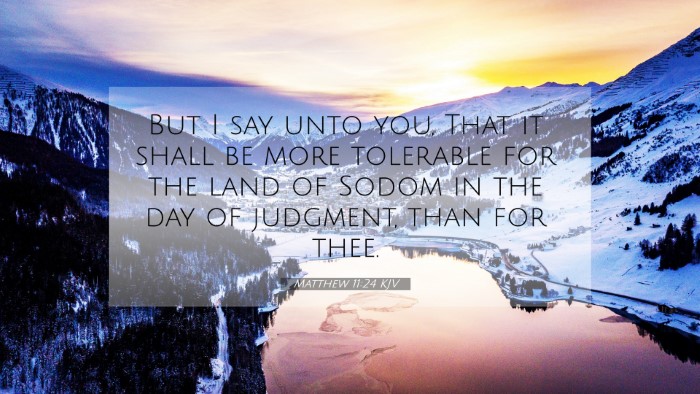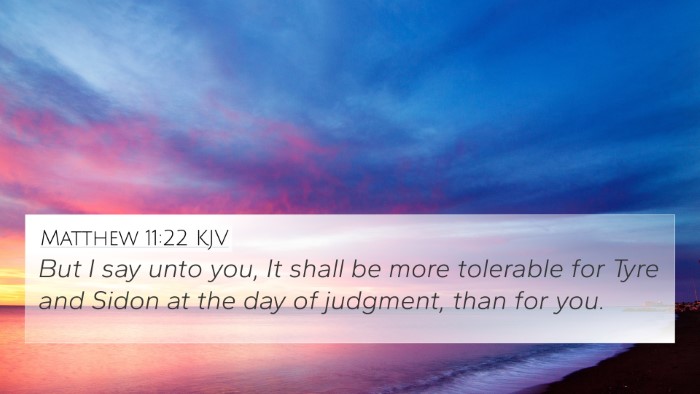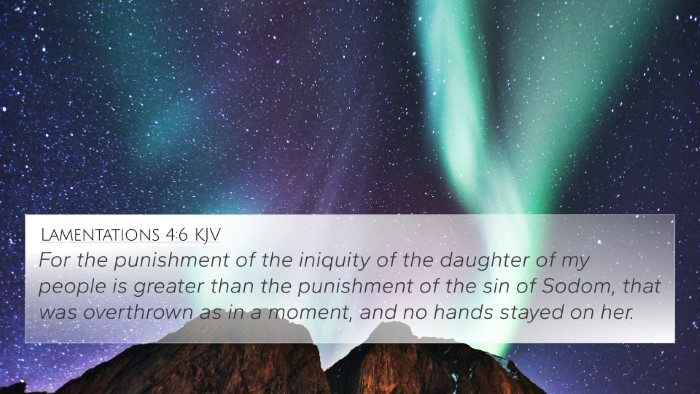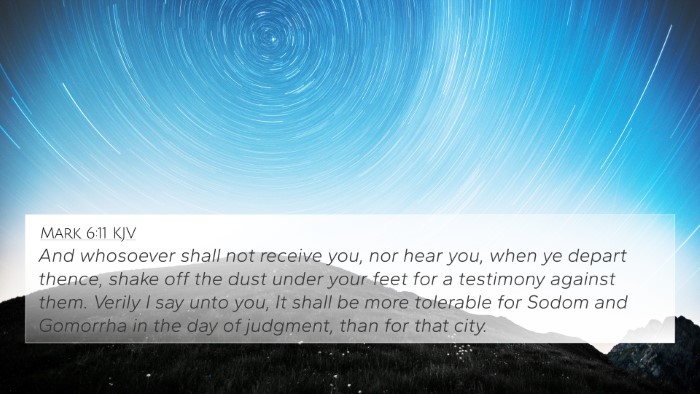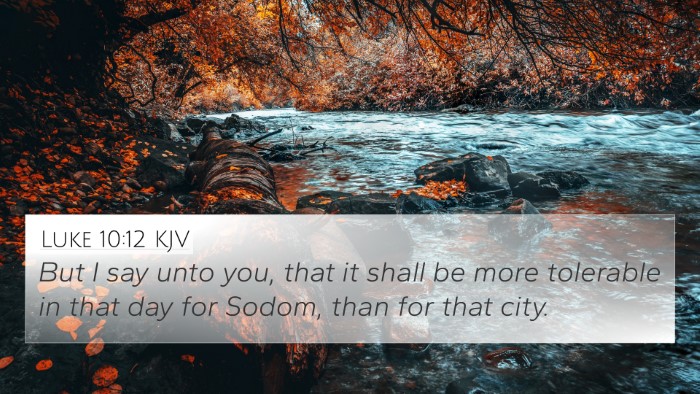Old Testament
Genesis Exodus Leviticus Numbers Deuteronomy Joshua Judges Ruth 1 Samuel 2 Samuel 1 Kings 2 Kings 1 Chronicles 2 Chronicles Ezra Nehemiah Esther Job Psalms Proverbs Ecclesiastes Song of Solomon Isaiah Jeremiah Lamentations Ezekiel Daniel Hosea Joel Amos Obadiah Jonah Micah Nahum Habakkuk Zephaniah Haggai Zechariah MalachiChapter
Matthew 1 Matthew 2 Matthew 3 Matthew 4 Matthew 5 Matthew 6 Matthew 7 Matthew 8 Matthew 9 Matthew 10 Matthew 11 Matthew 12 Matthew 13 Matthew 14 Matthew 15 Matthew 16 Matthew 17 Matthew 18 Matthew 19 Matthew 20 Matthew 21 Matthew 22 Matthew 23 Matthew 24 Matthew 25 Matthew 26 Matthew 27 Matthew 28Verse
Matthew 11:1 Matthew 11:2 Matthew 11:3 Matthew 11:4 Matthew 11:5 Matthew 11:6 Matthew 11:7 Matthew 11:8 Matthew 11:9 Matthew 11:10 Matthew 11:11 Matthew 11:12 Matthew 11:13 Matthew 11:14 Matthew 11:15 Matthew 11:16 Matthew 11:17 Matthew 11:18 Matthew 11:19 Matthew 11:20 Matthew 11:21 Matthew 11:22 Matthew 11:23 Matthew 11:24 Matthew 11:25 Matthew 11:26 Matthew 11:27 Matthew 11:28 Matthew 11:29 Matthew 11:30